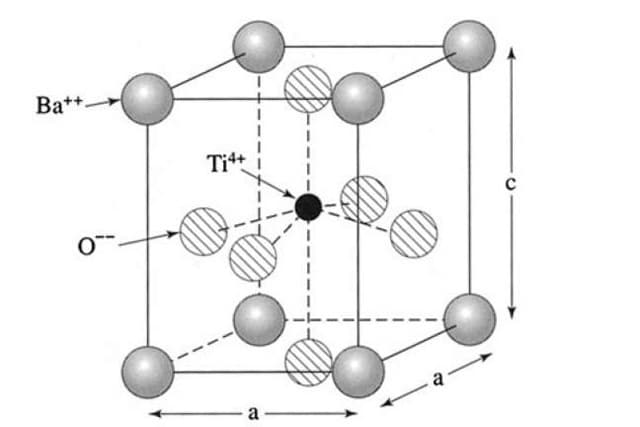source: Digitimes news
Taiwan MLCC makers must manage to work out optimal formula for purifying ceramic materials if they want to sail smoothly into the “blue ocean” market for high-voltage MLCCs bearing high profitability, according to officials at Industrial Development Bureau (IDB).
IDB officials said that Taiwan’s main MLCC suppliers including Yageo, Walsin Technology, Darfon Electronics and HolyStone now mainly source their high-end ceramic materials from Japan, but they can hardly roll out high-voltage MLCCs that can compete well with counterpart products from Japan makers including TDK.
High-voltage MLCCS are increasingly adopted for LED illumination, automotive electronics and industrial applications, with the annual market demand estimated at US$30 billion, now mostly dominated by Japan suppliers. Whether Taiwan makers can tap into the high-end market hinges more on whether they can grasp the recipes for optimal purification of ceramic materials, the officials stressed.
IDB officials noted that high-voltage MLCCs boast higher prices and profits than lower-voltage ones. They cited statistics as indicating that 1,000 low- and medium-voltage MLCCs can sell only for NT$50 (US$1.715), compared to NT$1-2 for one high-voltage MLCC with direct current biasing of 100 volts.
The officials said poor knowledge about advanced ceramic material purification processing has left Taiwan MLCC makers technologically lagging behind Japan players by 3-4 years. To seek breakthroughs in this regard, the government-funded Industrial Technology Research Institute (ITRI) and local MLCC makers are proceeding with related R&D on key ceramic material processing technologies with assistance from an industrial upgrade and innovation platform hosted by the economics ministry.
On another front, the annual market demand for lower-voltage MLCCs is estimated at a high of US$110 billion, but Japan makers have gradually quit the market and Taiwan players have become conservative in expanding capacities for less profitable lower-end MLCCs to avoid vicious price-cutting competitions.
Taiwan leading players including Yageo are stepping up the development of high-voltage MLCCs to tap into the niche market. In response, IDB officials said that MLCC is a B2B market, and as long as their technologies pass international accreditations, Taiwan makers will have a chance of winning orders for high-end MLCCs.
For instance, the officials said, Taiwan makers can indirectly tap into the automotive electronics market by selling MLCCs to makers of transformer modules before they are shipped to automakers.
